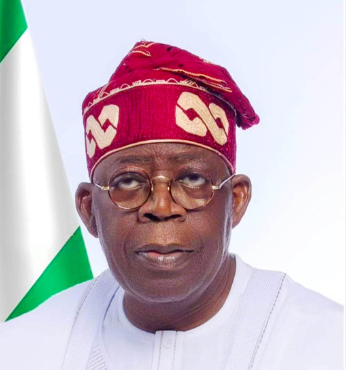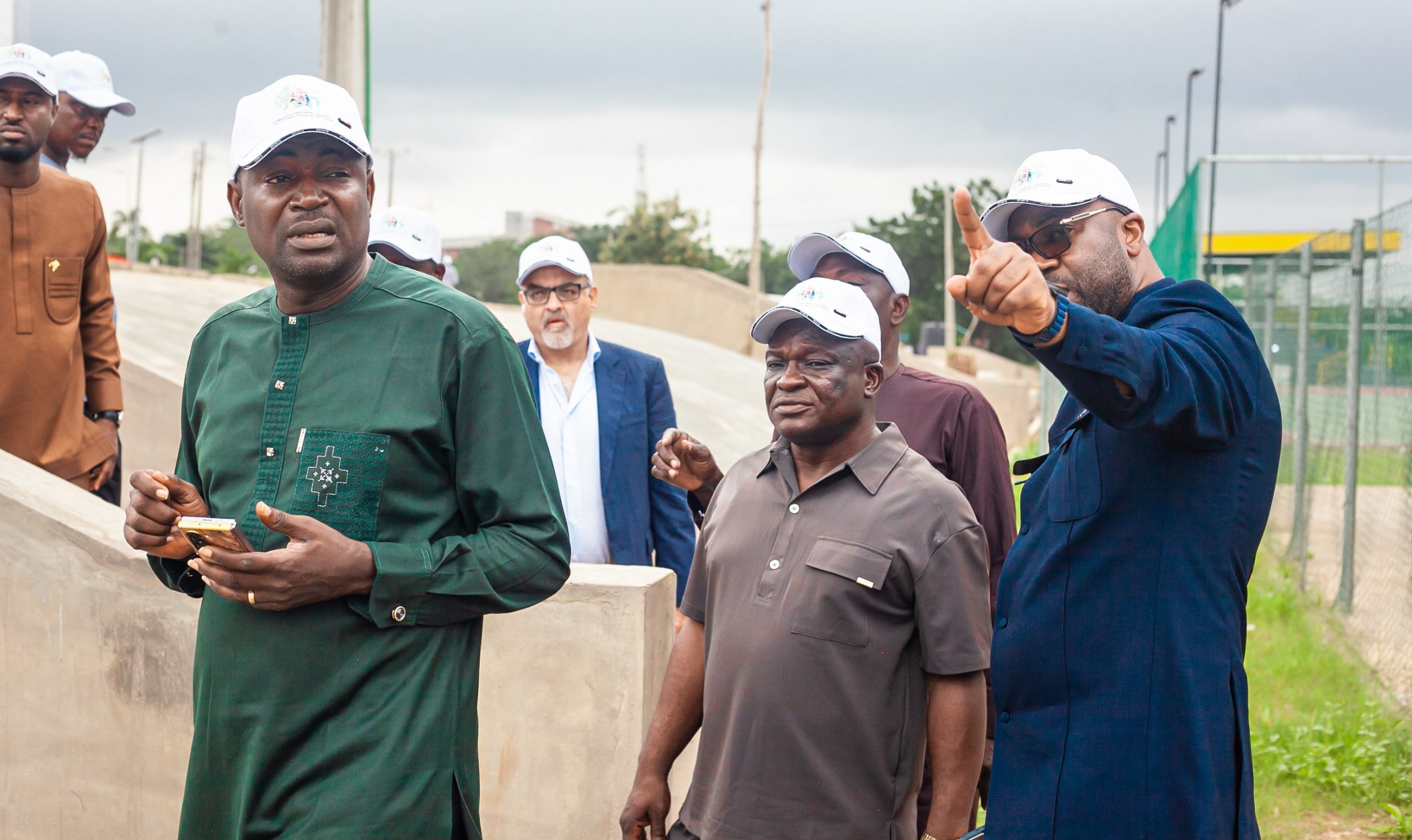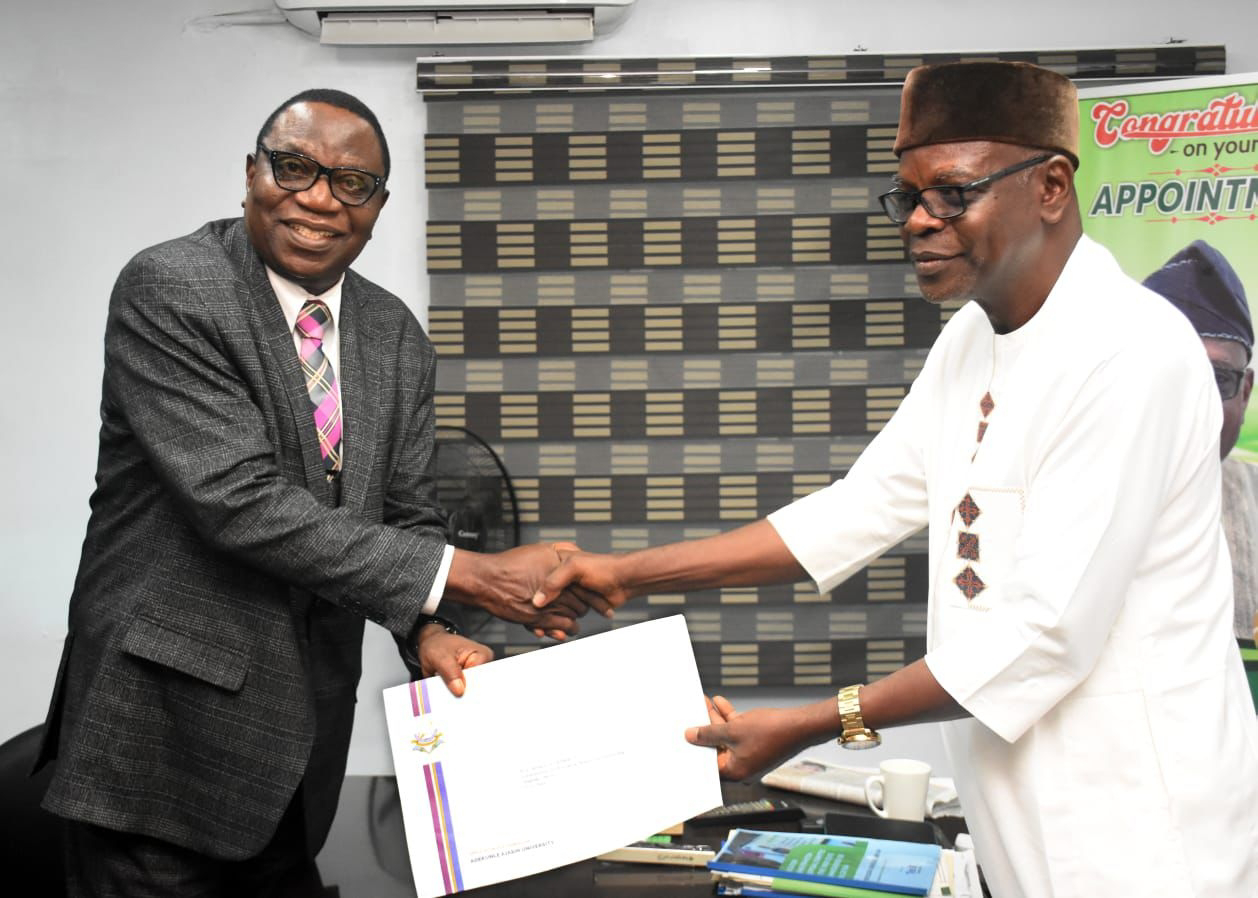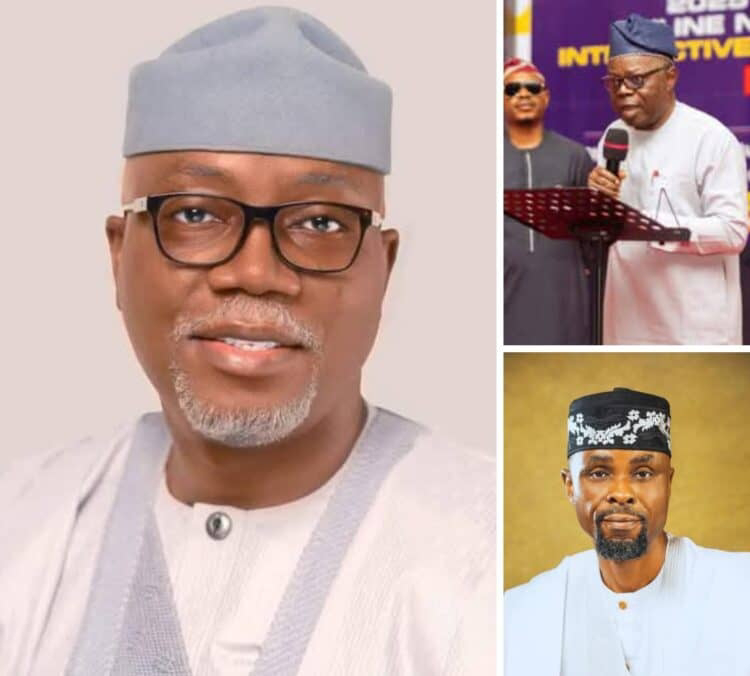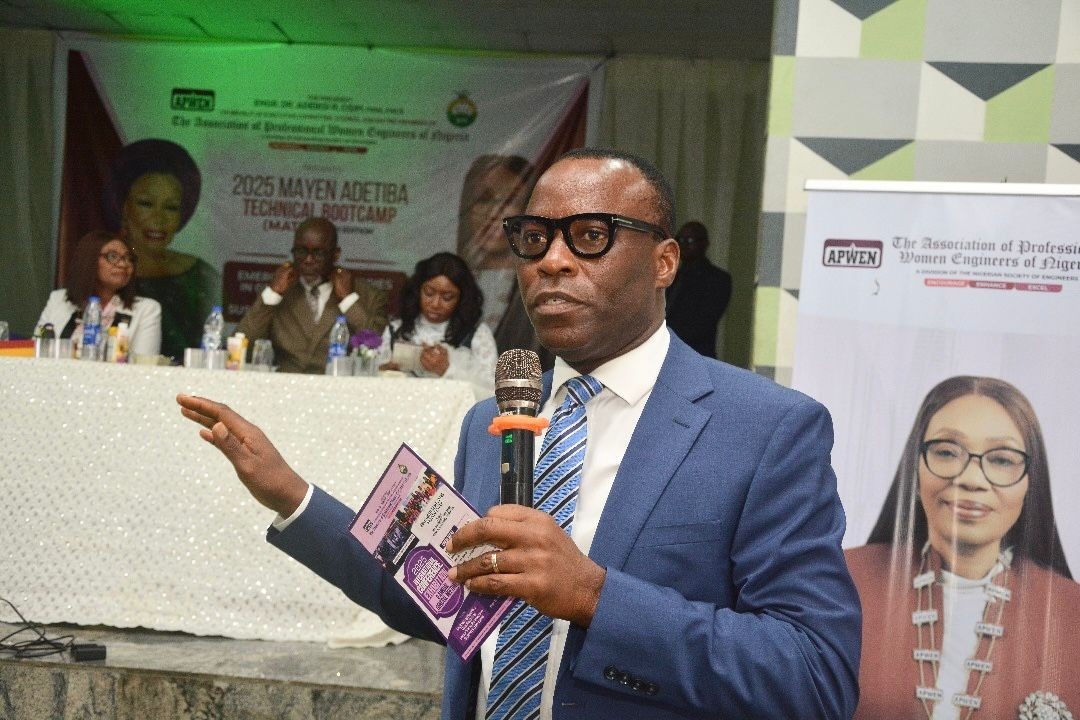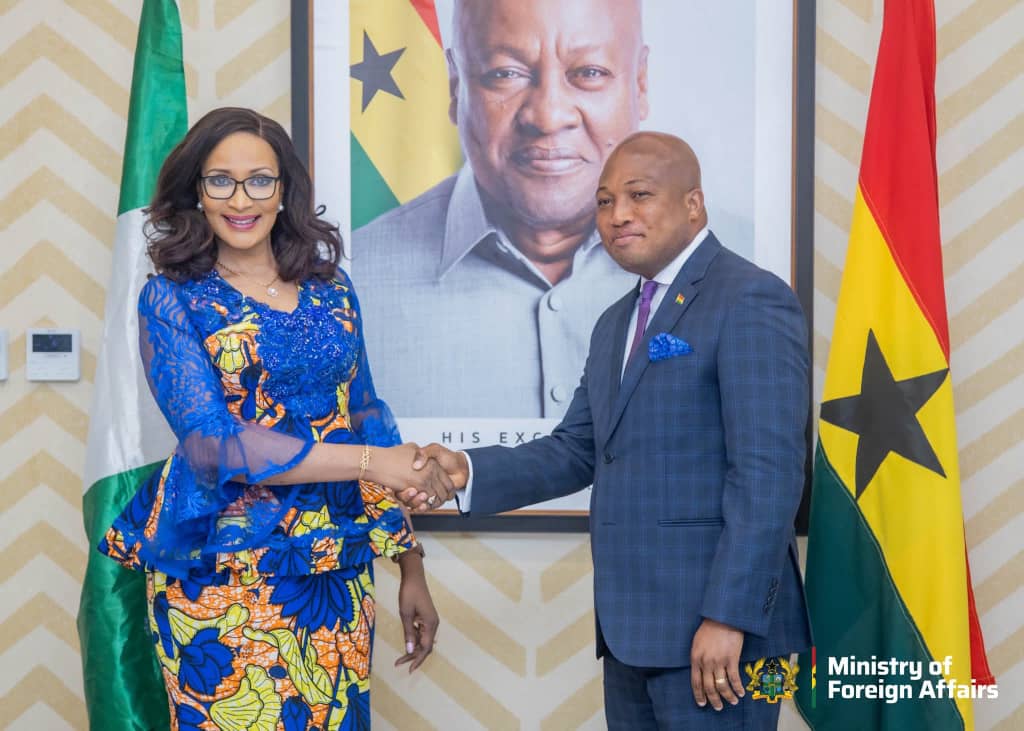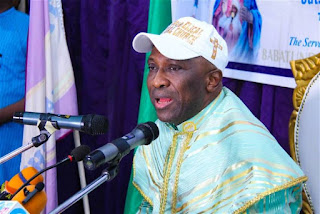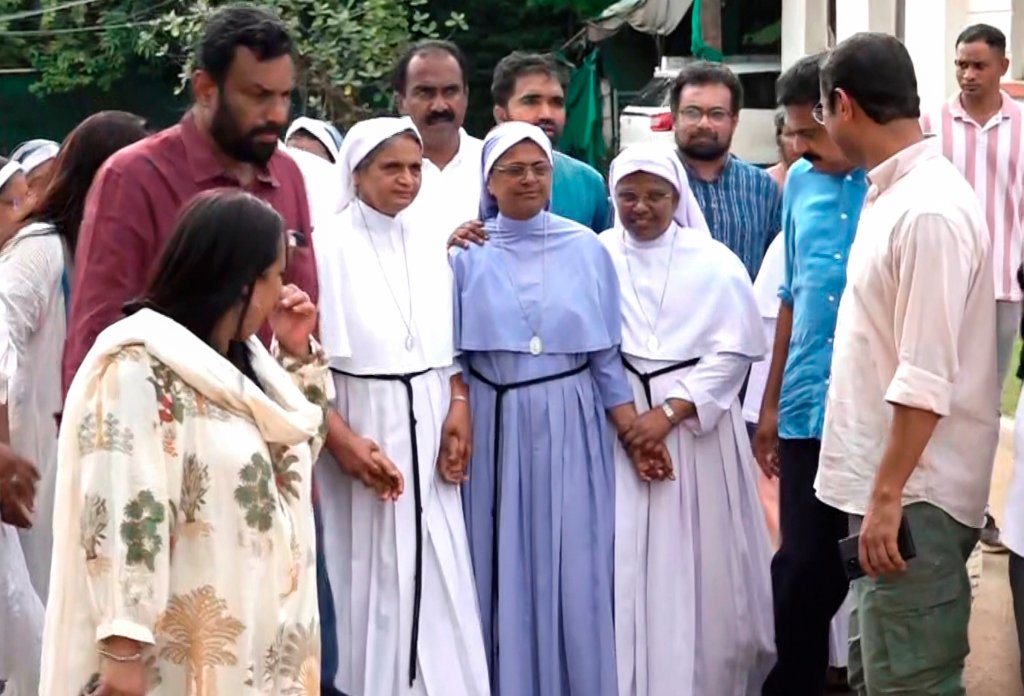By Chidinma Ewunonu-Aluko
Some Ibadan-based lawyers have expressed mixed reactions over the judiciary sector at state and federal levels as President Bola Tinubu marked his second-year anniversary.
They bared their minds in interview with the News Agency of Nigeria (NAN) on Thursday in Ibadan, while assessing the performances of government in delivering justice to Nigerians.
Mr Ibrahim Lawal, Chairman, Nigerian Bar Association (NBA), Ibadan branch, said despite the tackling the herculean economic challenges, government needed to do more for the citizens to enjoy better justice delivery services.
“The people are grappling with delayed justice delivery including the problems of poverty, insecurity, loss of jobs, unemployment, among others and government should do more to make the people happy,’’ he said.
He also stressed the need for proper funding of the judiciary.
The NBA Ibadan chairman said that the Judiciary in the state was still a far cry from what it ought to be.
“Majority of our magistrates still operate without official vehicles.
“Recently, some that received vehicles from government were threatened by a supplier of the vehicles that he would recover them because the state government had yet to complete his payment.
“As we speak, salaries of magistrates and Presidents of Grade A Customary Courts including that of other judiciary workers are deducted due to paucity of funds.
“The justice sector in Oyo State is not getting required funding to ensure smooth dispensation of justice,” he said.
Lawal called on the state government to redress this ugly trend and ensure that the judiciary is well positioned to dispense justice without fear or favour, affection or ill will.
The Ibadan NBA chairman appealed to Gov. Seyi Makinde to constitute the Judicial Service Commission (JSC).
“The last JSC was dissolved last year and the bar has demanded for its reconstitution to no avail,” Lawal said.
Another legal practitioner, Mr Adeyemi Okunade, says after 26 years of uninterrupted civilian rule since 1999, Nigeria has witnessed a mixture of progress and persistent challenges.
Okunade added that the country had made some giant strides in electoral processes and civilian governance but still grapples with the problems of corruption, insecurity and eroding trust.
According to him, electoral processes had improved, with technological advancements aiding transparency and more people getting involved in elections and the process.
“President Bola Tinubu’s administration, now at his two years in office has made notable efforts to reform Nigeria’s economy as well as the judiciary.
“Government doubled the judiciary’s funding in the 2024 budget, filled the Supreme Court with its full complement of 21 Justices for the first time in years and approved salary increase for judges, which is under legislative review.
“In Oyo State, Gov. Seyi Makinde also prioritised judicial independence since taking office in 2019, a commitment he reiterated in the last two years.
“There has been focus on ensuring judges operate without fear or favour, pledging transparency and fairness in governance; the establishment of the Oyo State Anti-Corruption Agency, aims to strengthen the judiciary’s role in tackling corruption,” he said.
He said that the state is doing better in the area of Judiciary and fundamental rights, noting with concern that prisons were still congested as well as cases of awaiting trial still lingering.
He advocated for the removal of prisons from the exclusive list and put it on the concurrent list in the constitution to enable states to build and manage prisons facilities.(NAN)


